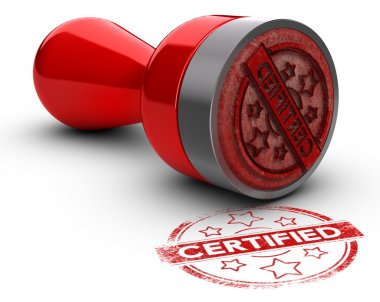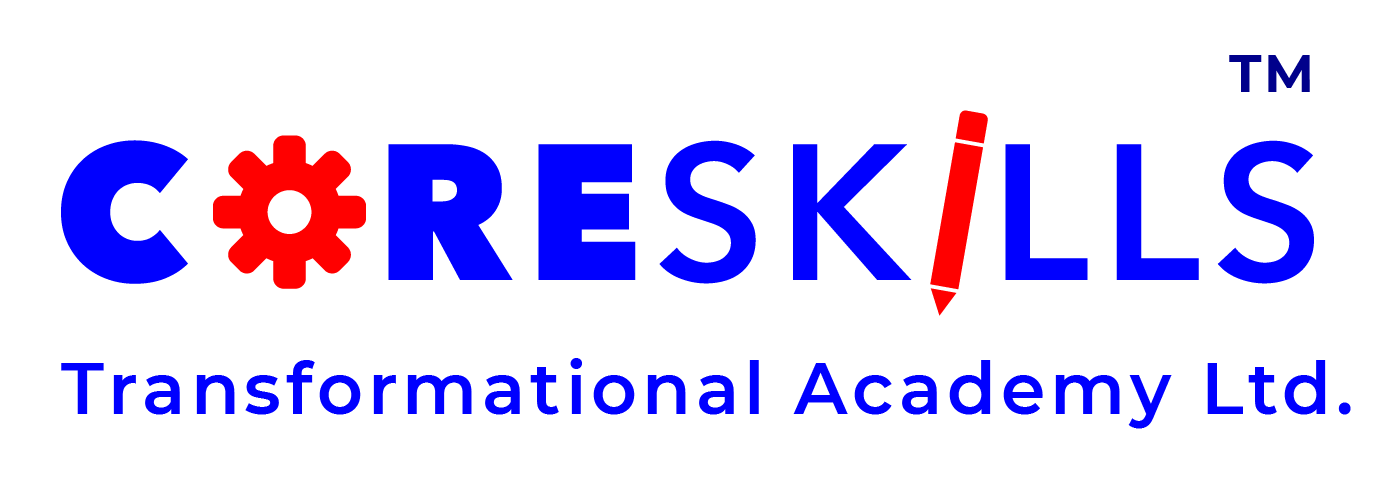Coreskills Mentoring and Coaching Certification Program
- Description
- Curriculum
- Reviews
- Grade
-
1Introduction to Mentoring and Coaching Principles6 Minutes, 47 Seconds
In the world of personal and professional growth, mentoring and coaching are strong tools that help you and other people in your network succeed. They focus on guiding, empowering, and helping individuals keep getting better. These practices aren't just simple transactions; they're journeys that lead to TRANSFORMATION.
-
2Assignment 1Assignment
-
3How to Become a Successful Mentor11 Minutes, 54 Seconds
The role of mentorship and coaching is more crucial than ever. Whether in professional settings, educational institutions, or personal development, effective mentors and coaches play a pivotal role in guiding individuals towards success. This module is designed to equip participants with the skills, knowledge, and mindset required to become successful mentors and coaches.
-
4Assignment 2Assignment
-
5Essential Life Coaching/Mentoring Skills21 Minutes 38 Seconds
In mentoring and coaching, good communication is the key that turns advice into understanding, questions into helpful ideas, and goals into real achievements. Talking well in these situations is more than just using words; it's the way trust grows, progress happens, and positive changes take place.
-
6Assignment 3Assignment
-
7Ethics and Professionalism in Mentoring and Coaching7 Minutes 46 Seconds
This module delves into the ethical and professional considerations essential for effective mentoring and coaching relationships. It explores the fundamental principles guiding ethical conduct and professionalism within the context of mentoring and coaching practices. Participants will examine the ethical dilemmas commonly encountered in these roles and develop strategies for navigating them with integrity and accountability.
-
8Assignment 4Assignment
-
9Building Positive Mentor-Mentee Relationships8 Minutes, 19 Seconds
Mentorship is more than a professional alliance; it's a dynamic and transformative journey that hinges on the cultivation of a positive mentor-mentee relationship. In the intricate dance of guidance and learning, the quality of this connection becomes the linchpin for success and personal development.
-
10Assignment 5Assignment
-
11The Art of Goal Setting and Action Planning in Coaching8 Minutes
Goal setting and action planning stand as the guiding pillars that illuminate the path to personal and professional growth in the realms of coaching and mentoring. In the intricate dance of guidance and self-discovery, the art of articulating and pursuing goals becomes the catalyst for transformative journeys. Let's delve into the comprehensive landscape of these essential elements.
-
12Assignment 6Assignment
-
13Cultural Competence in Mentoring and Coaching8 56 Seconds
In the always-changing world of mentoring and coaching, being culturally competent is important. It means not just recognizing but appreciating the differences in people's cultures. Understanding, respecting, and valuing these differences is like the base that helps create strong and transformative relationships between mentors or coaches and those they're helping. Let's take a closer look at why cultural competence matters in this dynamic context.
-
14Assignment 7Assignment
-
15Assessment and Evaluation in Mentoring and Coaching7 Minutes 59 Seconds
In the changing world of personal and professional growth, it's really important to measure how much progress is made, see what's working well, and keep getting better. When mentors and coaches set out to help people reach their full potential, using assessment and evaluation isn't just about keeping track; it's a powerful way to refine and improve their skills.
-
16Assignment 8Assignment
-
17Conflict Resolution and Problem-Solving in Mentoring and Coaching9 Minutes 39 Seconds
Leadership development is a crucial aspect of organizational growth and sustainability. To cultivate effective leaders, organizations increasingly turn to coaching and mentoring as powerful tools for personal and professional growth. This comprehensive write-up explores the significance of leadership development through coaching and mentoring, examining the benefits, key principles, and best practices involved in this transformative process.
-
18AssignmentAssignment
-
19Legal Aspects of Mentoring and Coaching Practices7 Minutes 31 Secoonds
Conflict resolution and problem-solving are integral components of mentoring and coaching, playing a vital role in the development of mentees and coachees. This comprehensive write-up delves into the importance of addressing conflicts and solving problems within the context of mentoring and coaching relationships, exploring strategies, best practices, and the transformative impact these processes can have on professional growth.
-
20Assignment 10Assignment
-
21Emotional Intelligence in Coaching and Mentoring6 Minutes 49 Seconds
In coaching and mentoring following the law and doing things ethically is a must. It's about respecting rights, treating everyone fairly, and avoiding potential risks. By setting clear boundaries, staying informed, and creating a supportive environment, mentors and coaches can ensure they are on the right side of the law and promote ethical conduct.
-
22Assignment 11Assignment





